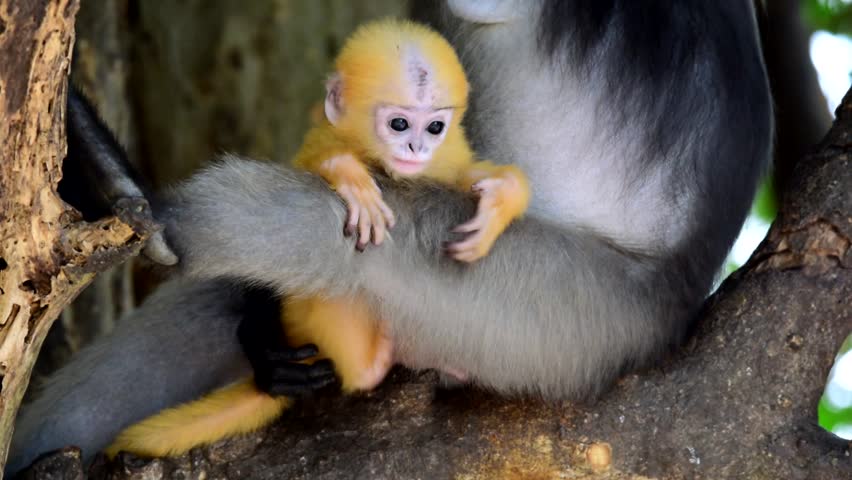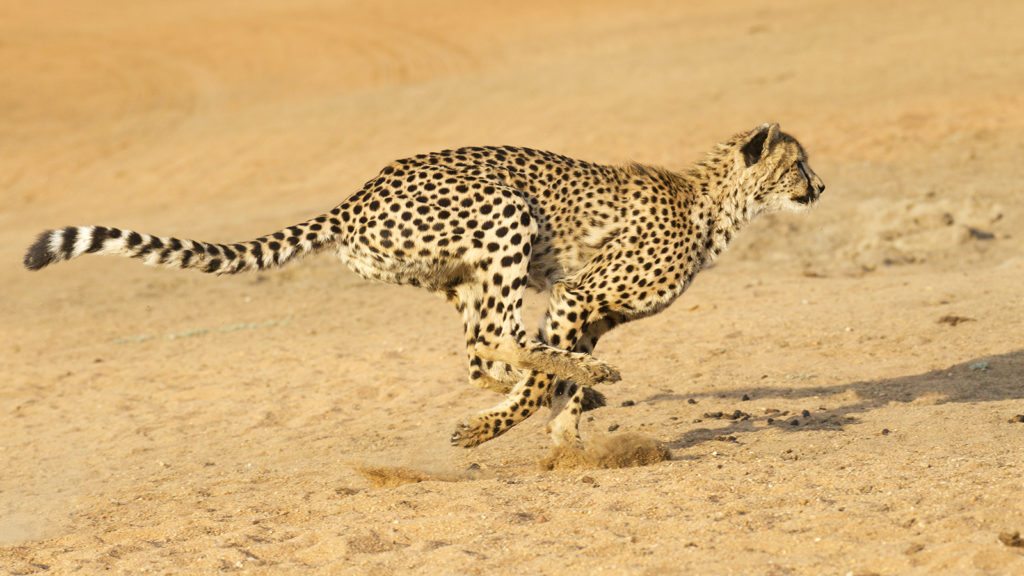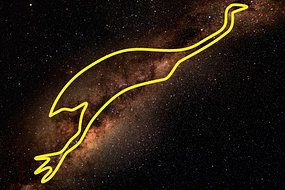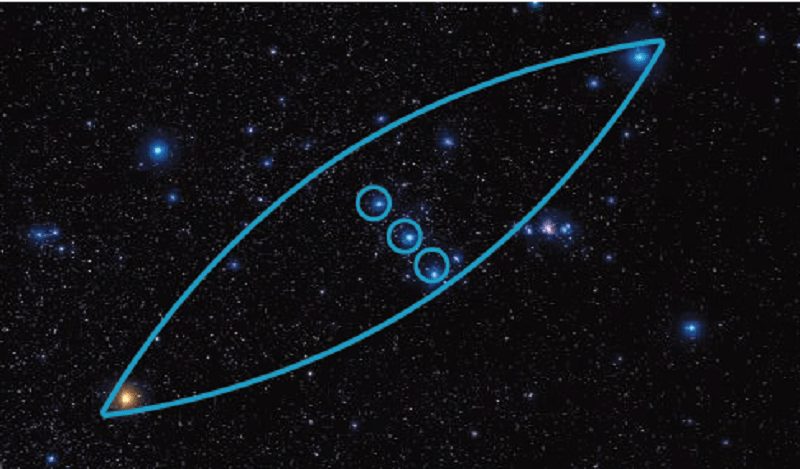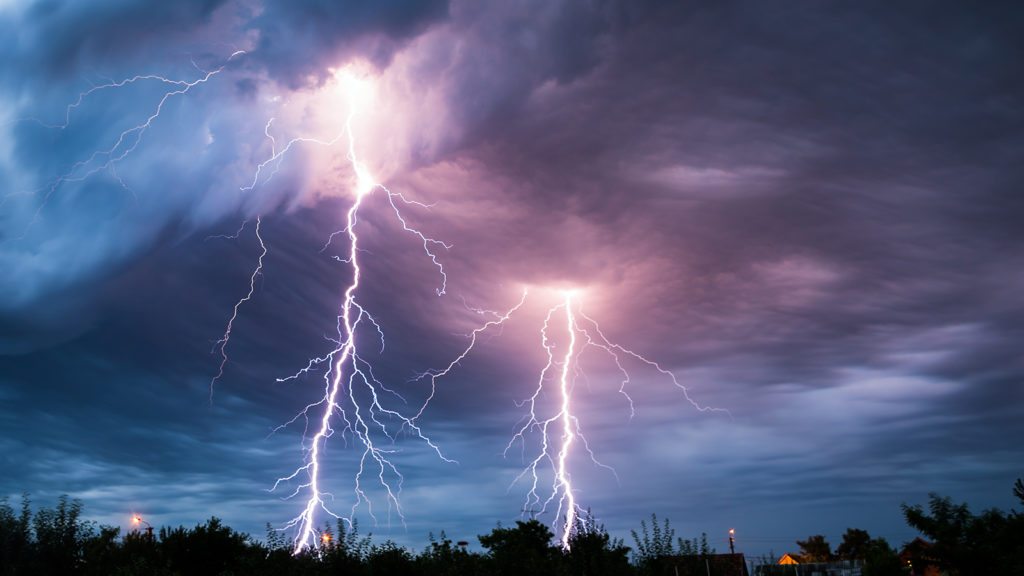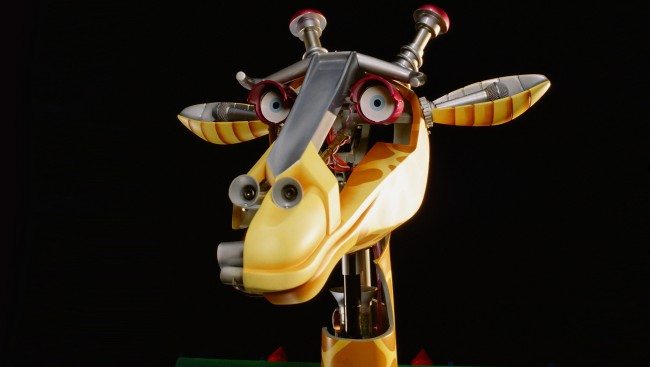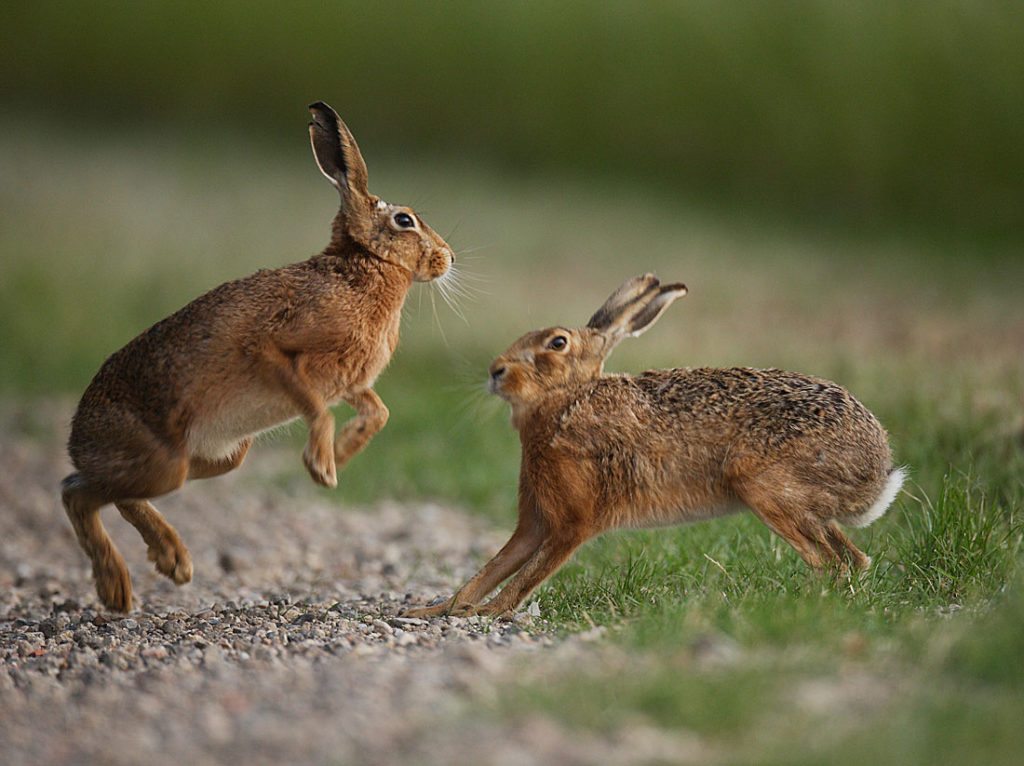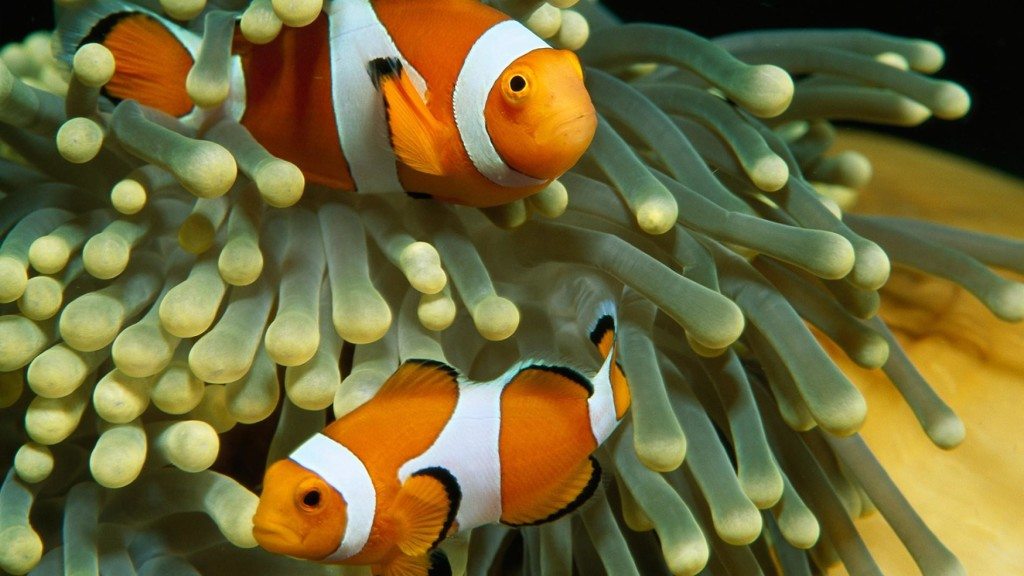Positions, Please!
Human and great ape mums have long been known to have a ‘left bias’ when cradling their babies. Holding infants to our left side, we have left-eye to left-eye contact, enabling our brains to process the baby’s needs in the right half of our brain associated with reading faces and problem solving. New research shows …
Bright Babies
Human babies’ hair or eye colour can change dramatically over time, but one species of primate, the silvered leaf monkey, is born clothed in its very own amber warning. In contrast to the grey of their parents and the rest of the clan, newborn leaf monkeys are orange. This high-vis evolutionary trick is believed to …
Chernobyl Fast Facts
1. In the weeks after the Chernobyl explosion, traces of radioactive deposits were found in almost every country in the northern hemisphere. Thousands of UK farms were affected, and controls that required some farmers to test their livestock’s radiation levels were not lifted until 2012. 2. The town of Pripyat was built in 1970 for …
Did You Know? Fast Facts About Cheetahs
1. Cheetahs can’t roar like lions, but purr like domestic cats. 2. Mothers bring live prey for their cubs to practise hunting. 3. Cubs are born with silvery mohawks for camouflage and to mimic the aggressive honey badger, warding off predators. 4. William the Conqueror kept cheetahs to take out hunting.
Astronauts in Action
Get closer to space from your armchair as NASA is now live-streaming footage of astronauts at the International Space Station on NASA TV. The first two space walks of the year showed astronauts upgrading the ISS’s power system. The world watched in awe as astronauts, including Frenchman Thomas Pesquet, edged their way around the artificial …
Rock and Roll
Rolling stones are all very well, but rocks that sail on by? The so-called ‘sailing stones’ of Death Valley National Park, California, remain one of the strangest phenomena of the natural world. Stones as heavy as a large vending machine travel across the valley floor, as if by magic, leaving deep trails in their wake. …
The Emu in the Sky
Look up at the sky from the Australian bush on an autumn evening. The sky directly above you blazes with the vast band of light of the Milky Way, stretching from horizon to horizon. Within it you can see dark clouds, caused by clouds of interstellar dust in the galaxy, in which new stars are …
Orion the Hunter
The constellation of Orion is known in Greek mythology as the Hunter, with a belt of three stars, chasing the Seven Sisters with dishonourable intentions. To the Yolngu people of Australia, he is called Djulpan, and the three stars are three brothers in a canoe, who were placed in the sky as punishment for eating …
Can Lightning Trigger Life on Extraterrestrial Planets?
That is a question Dr. Christiane Helling and her team at the University of St Andrews are trying to answer. Her talk ‘Sparkling Clouds and Crackling Lightning in Extrasolar Planets’ at the University of Dundee will be about her research on the creation of lightning and its different properties on brown dwarfs (the universe’s inbetween objects, too …
Can Lightning Trigger Life on Extraterrestrial Planets? Read More »
Calling the Robots
Meet robot animals and find out about the mechanisms that allow their flesh-and-blood counterparts to survive in the wild, at the Horniman Museum and Gardens’ Robot Zoo exhibition. The animatronics, built using everyday machine parts and gadgets, including tubes, hinges and even a fly-swatter, are designed to showcase the ways in which animals have evolved …
Hare Wonderland
What is it about March that turns a timid creature that ventures out only under cover of darkness into a crazy beast that owns the day? We’re talking about the usually shy, nocturnal European hare (Lepus europaeus). When a male (jack) starts looking for a mate in spring, he will chase his intended. If the female …
Is Nature Better Off Without Us?
The International Union for Conservation of Nature believes that human activity is diminishing biodiversity by at least 1,000 times the natural rate. Habitat loss, invasive species, climate change, over-exploitation of resources, pollution and disease are all taking their toll. With the human population projected to hit 9 billion by 2050, it’s not looking good for …
How Do You Help a Paw-ly Cat?
Cats have an uncanny feline ability to walk away from potentially fatal injury. But what happens when they seem to have used up their nine lives? Well, all is not lost. Cats who lose their legs in an accident now have renewed hope, after two cats in Bulgaria recently each received a pair of bionic …
Do Fish Have Feelings?
Whether animals are sentient beings is a question that scientists have been puzzling over for centuries. Some cognitive experts would argue that there are varying levels of consciousness for different living things, or that some animals may have an emotional capacity while others may not. Dog owners will certainly argue that their pets have emotions but it is less certain if plants, insects and …



